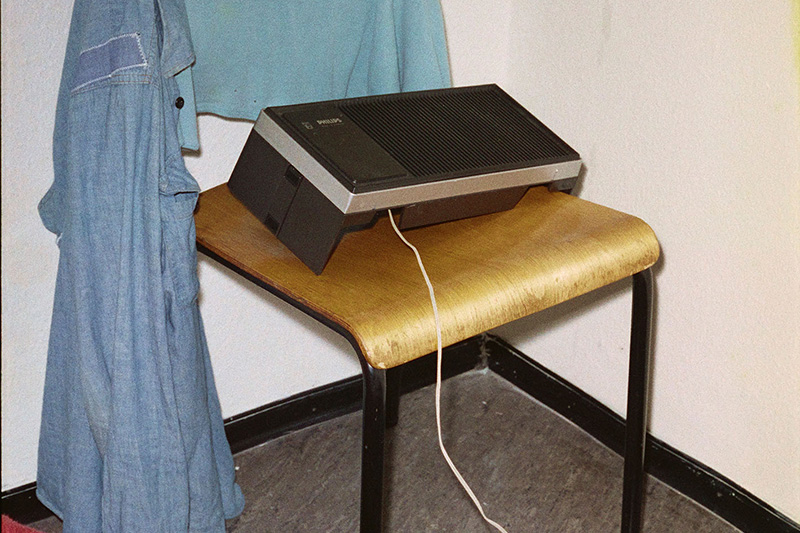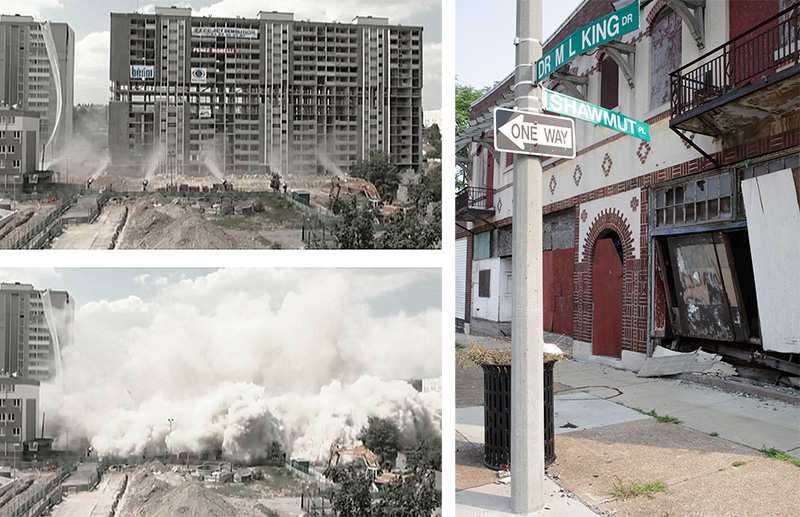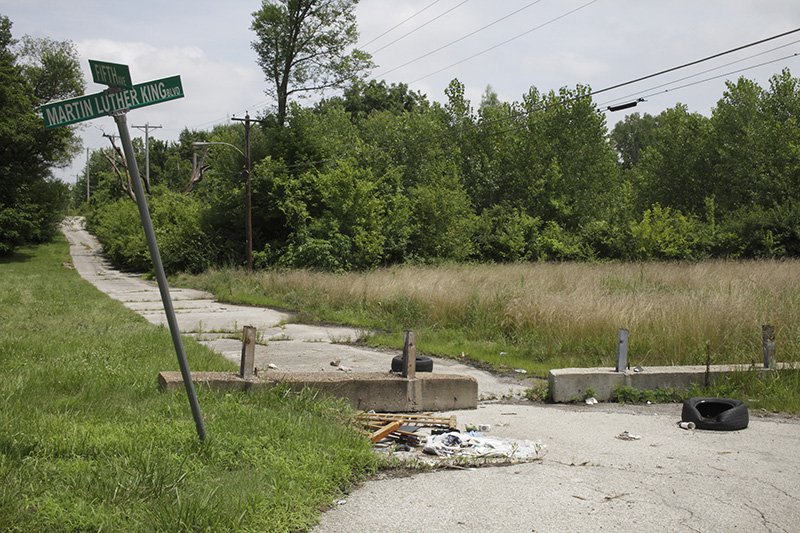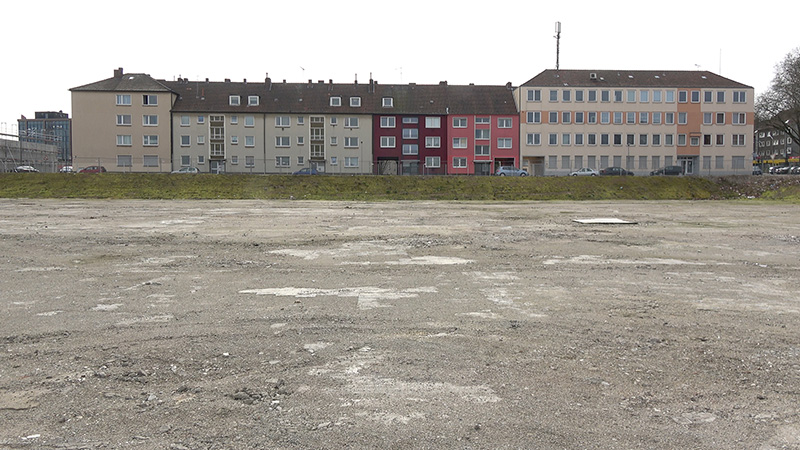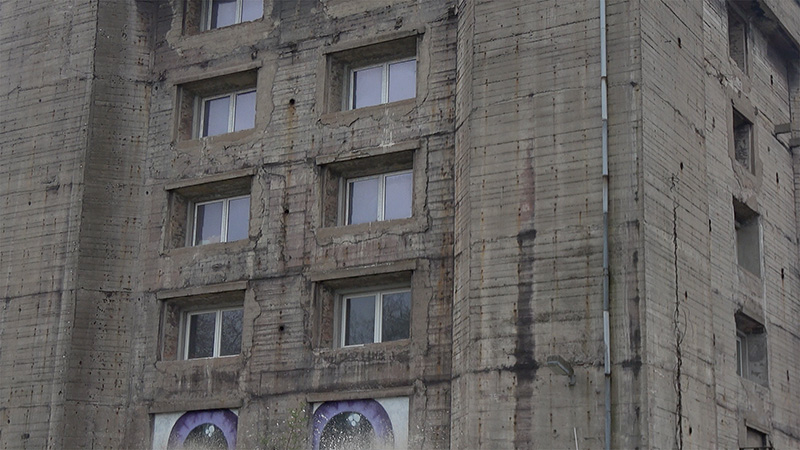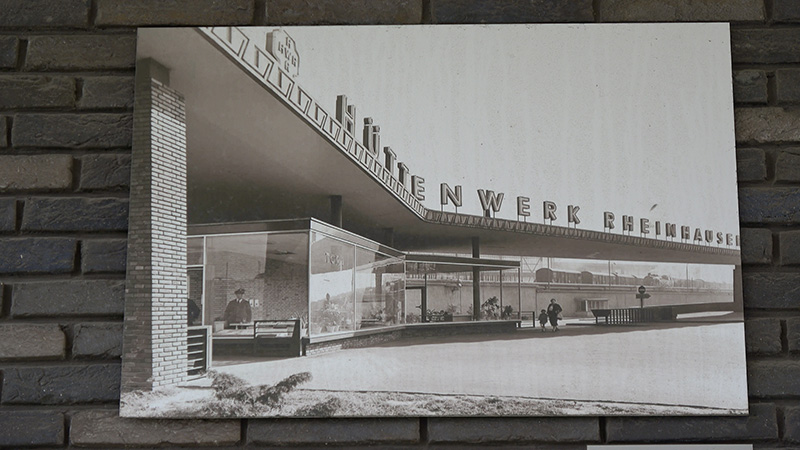ART CITIES:Essen-Peggy Buth & Arwed Messmer
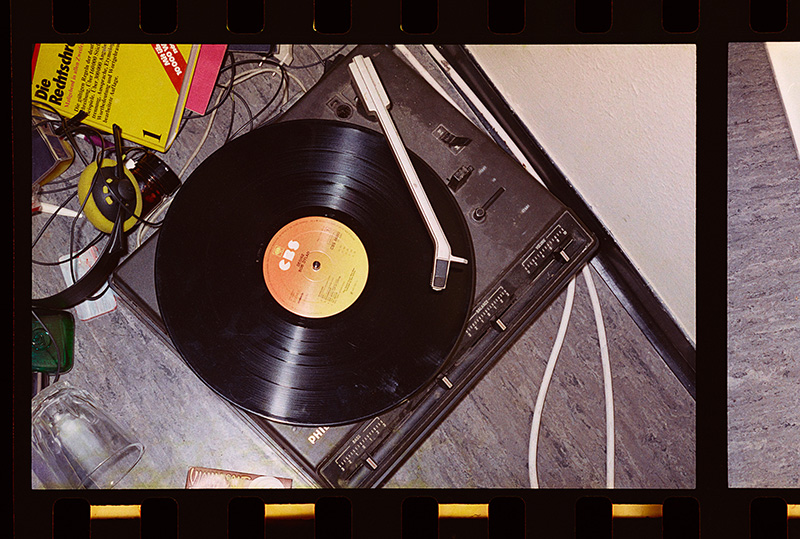 Two artists have solo exhibitions at Museum Folkwang, Peggy Buth and Arwed Messmer. Peggy Buth scrutinizes the representational systems of art, literature, politics, and sciences, reassessing such structures as displaced or accidentally emerged. The image archaeologist Arwed Messmer adopts a photographic point of view to explore a particular chapter of West German history.
Two artists have solo exhibitions at Museum Folkwang, Peggy Buth and Arwed Messmer. Peggy Buth scrutinizes the representational systems of art, literature, politics, and sciences, reassessing such structures as displaced or accidentally emerged. The image archaeologist Arwed Messmer adopts a photographic point of view to explore a particular chapter of West German history.
By Efi Michalarou
Photo: Museum Folkwang Archive
In her work, Peggy Buth is neither fixed on a particular medium nor on a narrow artistic concept. She instead explores the representational systems of art, literature, politics, history, and science, with an emphasis on what is being repressed and what unintentionally comes to light in these spheres. In so doing she employs the media of photography and video, uses tar, shellac, or carpet in creating her pictures, works with found materials, language, and sound, produces objects, sculptures, and installations. Peggy Buth’s exhibition “The Politics of Selection” recounts a political story of cities and suburbs. The artist understands urban space as somewhere overlain by social and economic forces, becoming both shaped and deformed in the process. Over the course of three chapters, Buth bears witness to social utopias and economic interests, attempts at integration and exclusion, hope – but also discrimination and smear campaigns. The subject of her artistic investigations are the suburbs of Paris and the social housing projects and urban streetlife in the US state of Missouri. Buth has expanded the scope of her documentary exploration for the exhibition at the Museum Folkwang to include the Ruhr region, after having worked in Essen and Duisburg. Much has been written and told from a journalistic, historical, literary, and cinematic perspective about the RAF (Rote Armee Fraktion) and the “German Autumn” of 1977. For his latest work, Arwed Messmer for his latest work “RAF – No Evidence / Kein Beweis”, adopts a photographic point of view to explore this particular chapter of West German history. Messmer’s work starts off with the various kinds of pictures taken by police photographers, photos of demonstrations, pictures of crime scenes, and images taken by officers for reconnaissance purposes or while on duty, which the artist unearthed while looking through a number of state archives. He then employs an artistic process to appropriate the images for his own purposes, underlining the original function served by these crime-scene photographs, while also laying bear their destructive potential.
Info: Museum Folkwang, Museumsplatz 1, Essen, Duration: 9/6-3/9/17, Days & Hours: Tue-Wed & Sat-Sun 10:00-18:00, Thu-Fri 10:00-20:00, www.museum-folkwang.de
